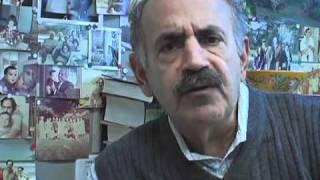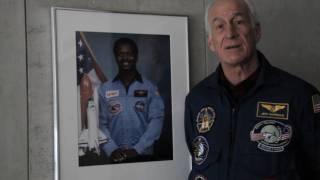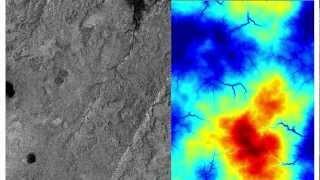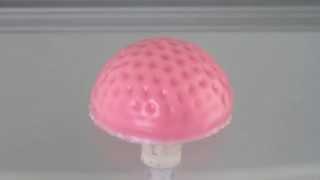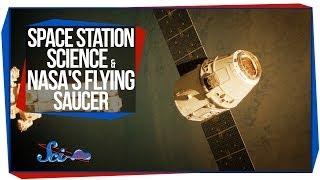Time Travel, Teleportation & Science
Time travel is the concept of moving between different points in time in a manner analogous to moving between different points in space, generally using a theoretical invention, namely a time machine. It has a commonly recognized place in philosophy and fiction, but has a very limited application in real world physics, such as in quantum mechanics or wormholes.
Although the 1895 novel The Time Machine by H. G. Wells was instrumental in moving the concept of time travel to the forefront of the public imagination, The Clock That Went Backward by Edward Page Mitchell was published in 1881 and involves a clock that allowed three men to travel backwards in time.[1][2] Non-technological forms of time travel had appeared in a number of earlier stories such as Charles Dickens' A Christmas Carol. Historically, the concept dates back to the early mythologies of Hinduism (such as the Mahabharata), Buddhism, and Islam through ancient folk tales. More recently, with advancing technology and a greater scientific understanding of the universe, the plausibility of time travel has been explored in greater detail by science fiction writers, philosophers, and physicists.
Teleportation, or Teletransportation, is the theoretical transfer of matter or energy from one point to another without traversing the physical space between them. It has a commonly recognized place in science fiction literature, film, and television, but as yet has a very limited application in real world physics, such as quantum teleportation or the study of wormholes.
Science (from Latin scientia, meaning "knowledge") is a systematic enterprise that builds and organizes knowledge in the form of testable explanations and predictions about the universe. In an older and closely related meaning, "science" also refers to a body of knowledge itself, of the type that can be rationally explained and reliably applied. A practitioner of science is known as a scientist.
In modern usage, "science" most often refers to a way of pursuing knowledge, not only the knowledge itself. It is also often restricted to those branches of study that seek to explain the phenomena of the material universe.
Source : Wikipedia
-
05:38
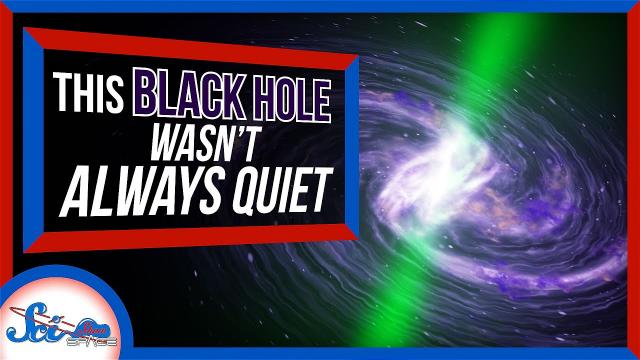
The Milky Way's Black Hole Burped 3.5 Million Years Ago
Added 498 Views / 0 LikesThanks to Squarespace for sponsoring this video. Go to Squarespace.com for a free trial and when you’re ready to launch, go to http://squarespace.com/scishowspace and add code “SCISHOWSPACE" at checkout to save 10% off your first purchase of a website or
-
14:09

Could You Survive DIE HARD?
Added 422 Views / 0 LikesWatch Veritasium’s Video:Watch Smosh’s Video: (Click “Show More” for references) Shoeless and all alone in a half-built skyscraper, Jake (me) fights his way through well dressed bad guys while exploring if you could survive jumping off the roof of a skysc
-
21:27
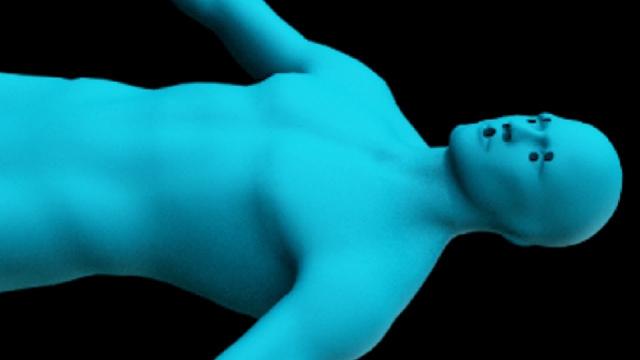
How Many Holes Does a Human Have?
Added 373 Views / 0 LikesNow you're thinking: https://www.curiositybox.com/https://twitter.com/tweetsaucehttps://www.instagram.com/electricpantsSpecial thanks to @Chubbyemu and Evelyn Lamb (https://twitter.com/evelynjlamb) for answering my questions about the body and holes, resp
-
06:35
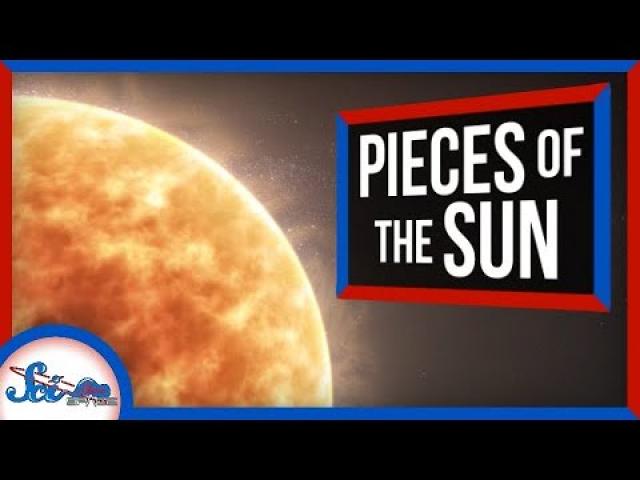
3 Times We Captured Physical Pieces of the Sun
Added 469 Views / 0 LikesIt's tricky to study the particles of our Sun because Earth’s magnetic field deflects them, but scientists have found ways to do it! They're helping us understand things like the Sun’s origin, what it's made of, and how it might affect future colonization
-
05:23
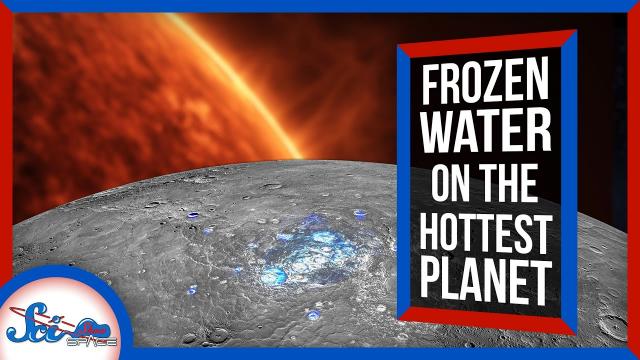
Mercury Is So Hot, It’s Making Ice
Added 477 Views / 0 LikesScientists first saw patches of ice on Mercury 20 years ago, and that discovery raised a lot of questions: How could ice survive on one of the solar system’s hottest planets, and how did it get there in the first place?Hosted by: Hank GreenSciShow has a s
-
54:49
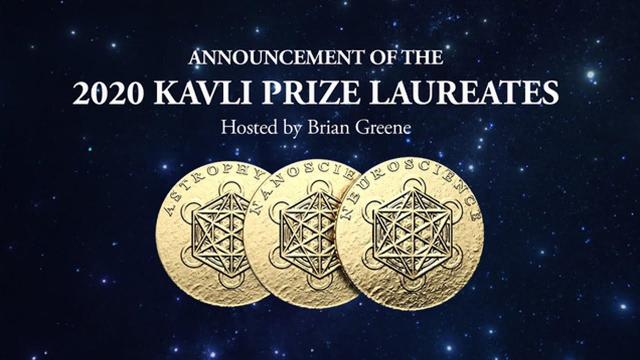
2020 The Kavli Prize Announcement, Hosted by Brian Greene
Added 456 Views / 0 LikesJoin us today (Wednesday, May 27, at 9am EDT) for the exclusive announcement of 2020 Kavli Prize laureates in astrophysics, nanoscience and neuroscience. Meet the new laureates and learn about their scientific achievements and the next wave of research in
-
05:45
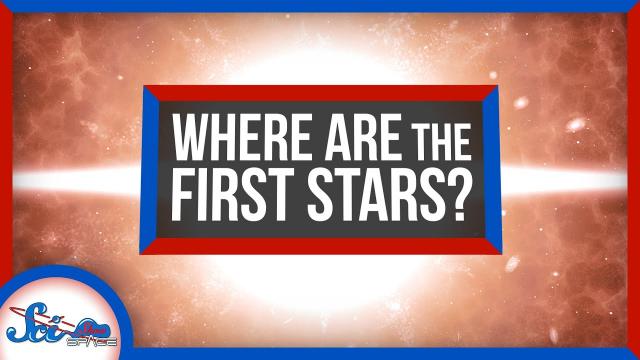
We Still Can't Find the First Stars in the Universe | SciShow News
Added 493 Views / 0 LikesAstronomers looking farther back in time than ever before are giving us a better idea of what the early universe must have been like, and we've identified another of the mysterious ultraluminous X-ray pulsars.Hosted by: Hank GreenSciShow has a spinoff pod
-
2:31:27
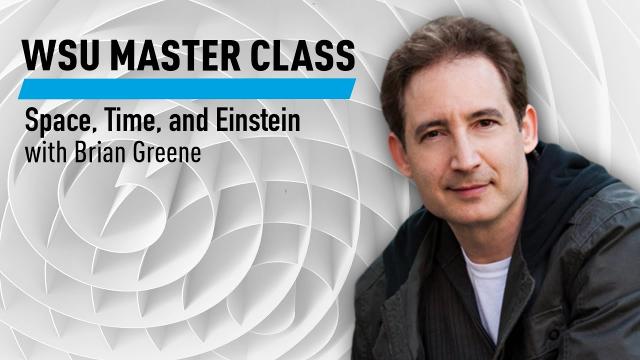
WSU: Space, Time, and Einstein with Brian Greene
Added 532 Views / 0 LikesJoin Brian Greene, acclaimed physicist and author, in a visual and conceptual exploration of Einstein’s spectacular insights into space, time and energy. All the startling conclusions of special relativity, from time travel to E=mc2 come from one idea: th
-
06:30
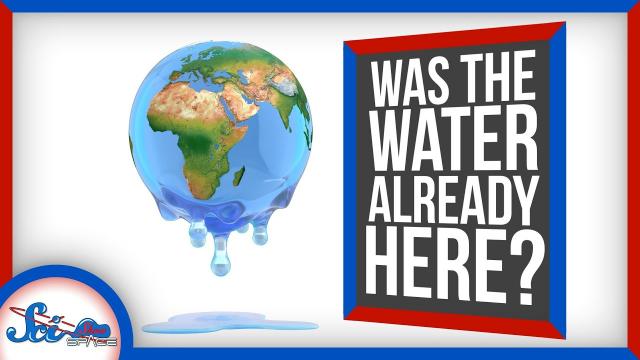
The First Water on Earth Might've Come From… Earth? | SciShow News
Added 392 Views / 0 LikesThis video was sponsored by HBO Max, now streaming Raised by Wolves. Start streaming here: https://rb.gy/alghwnAstronomers have thought for years that Earth was dry in the beginning, but a new paper suggests that Earth might have actually started out wet!
-
04:10
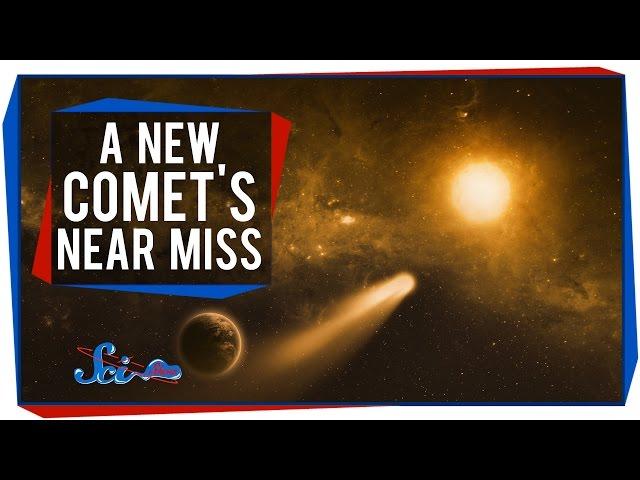
A New Comet's Very, Very Near Miss
Added 781 Views / 0 LikesA New Comet's Very, Very Near Miss
-
04:00
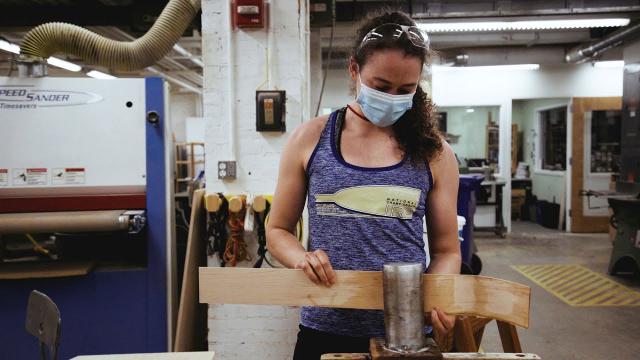
MIT Hobby Shop: The hub for mind and hand
Added 293 Views / 0 LikesThe MIT Hobby Shop was started in 1938 by a group of students who wanted a place to work on their hobbies. Throughout the years the shop has evolved and adapted with the changing times including the most recent disruption of the Covid-19 pandemic. MIT Hob


